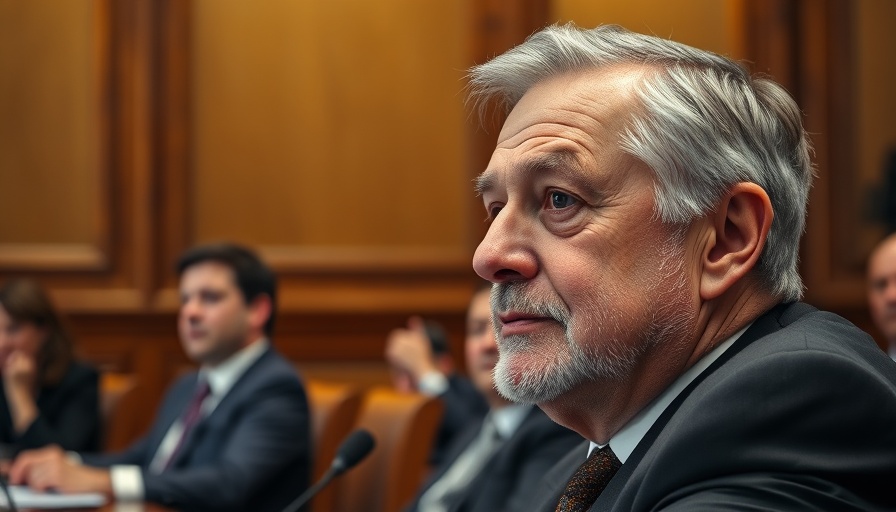
The high-stakes meeting that could redefine childhood vaccinations
A controversial meeting is set to unfold in Atlanta, where a U.S. panel, newly organized by health secretary Robert F. Kennedy Jr., will deliberate on changing federal vaccination recommendations. This panel is filled with members who have shown leanings toward the anti-vaccine movement, and health experts are sounding alarms on the dangers these changes could bring.
Shifting foundations: where do we go from here?
Currently, vaccination schedules play a critical role in public health, safeguarding communities from infectious diseases that have once caused outbreaks. If the committee decides to delay crucial vaccinations, especially for children, it could lead to dire consequences. The hepatitis B vaccine, historically given within 24 hours of birth, is at the center of this discussion. Questioning its necessity for newborns spreads a misinformation train that could affect public health negatively.
Changing perceptions about vaccines
Understanding the historical context of vaccination is fundamental. Vaccines have been pivotal in drastically reducing diseases. For parents in Massachusetts, the prospect of revising the standard vaccination timetable holds profound implications. Parents rely on established medical guidelines to keep their children healthy. Any shift that leans toward vaccine skepticism directly instills fear and could lead to decreased vaccination rates.
Polarized discussions: weighing the pros and cons
What often gets lost in this debate is the science. Multiple studies affirm that vaccines have been statistically proven to save lives. Yet, with a committee now favoring skepticism, parents may bristle at the uncertainty. While some voices promote a less conventional view—arguing vaccines may not be necessary for newborns or that they should be delayed—health experts stress that such ideas arise from misunderstandings rather than facts.
The impacts of misinformation
Heavily influenced by misinformation, Kennedy’s narrative surrounding the MMR vaccine and autism has fueled fears unjustly. Health officials are concerned that new committee practices might contribute to growing vaccine hesitancy. As one epidemiologist put it, "It's like pulling bricks out of the foundation of public health." If these changes take effect, the societal repercussions could be vast, steering public health into chaos.
Parental concerns and confusion
The upcoming changes could send parents into a tailspin of confusion. Will they still be able to rely on their pediatricians for sound advice? What does this mean for their children’s health and well-being? For parents, the anxiety stems from the fear of choice. Parents want to do what’s best for their children, yet fear will cloud judgment when decisions begin to veer towards uncertainty.
Consequences for community health
The ramifications on community health are staggering. A suspension or alteration in the vaccination schedule could result in outbreaks of illnesses that we’ve successfully controlled or eradicated through immunizations. Massachusetts, with its high vaccination rates, could see a dip in community immunity, putting vulnerable populations at risk.
A call for action and clarity
Parents and health advocates alike must push for transparency and accountability from these newly formed committees. Now more than ever, understanding the science behind vaccinations is crucial. Informed decision-making should stem from credible information, not ideologically-driven agendas. To foster a climate of trust, it is essential to uphold science over speculation.
Action Alert: As parents, advocating for your children’s health is paramount. Stay informed and demand evidence-based recommendations. Engage with local healthcare providers and participate in community discussions on vaccination. Your voice matters.
 Add Row
Add Row  Add
Add 




Write A Comment